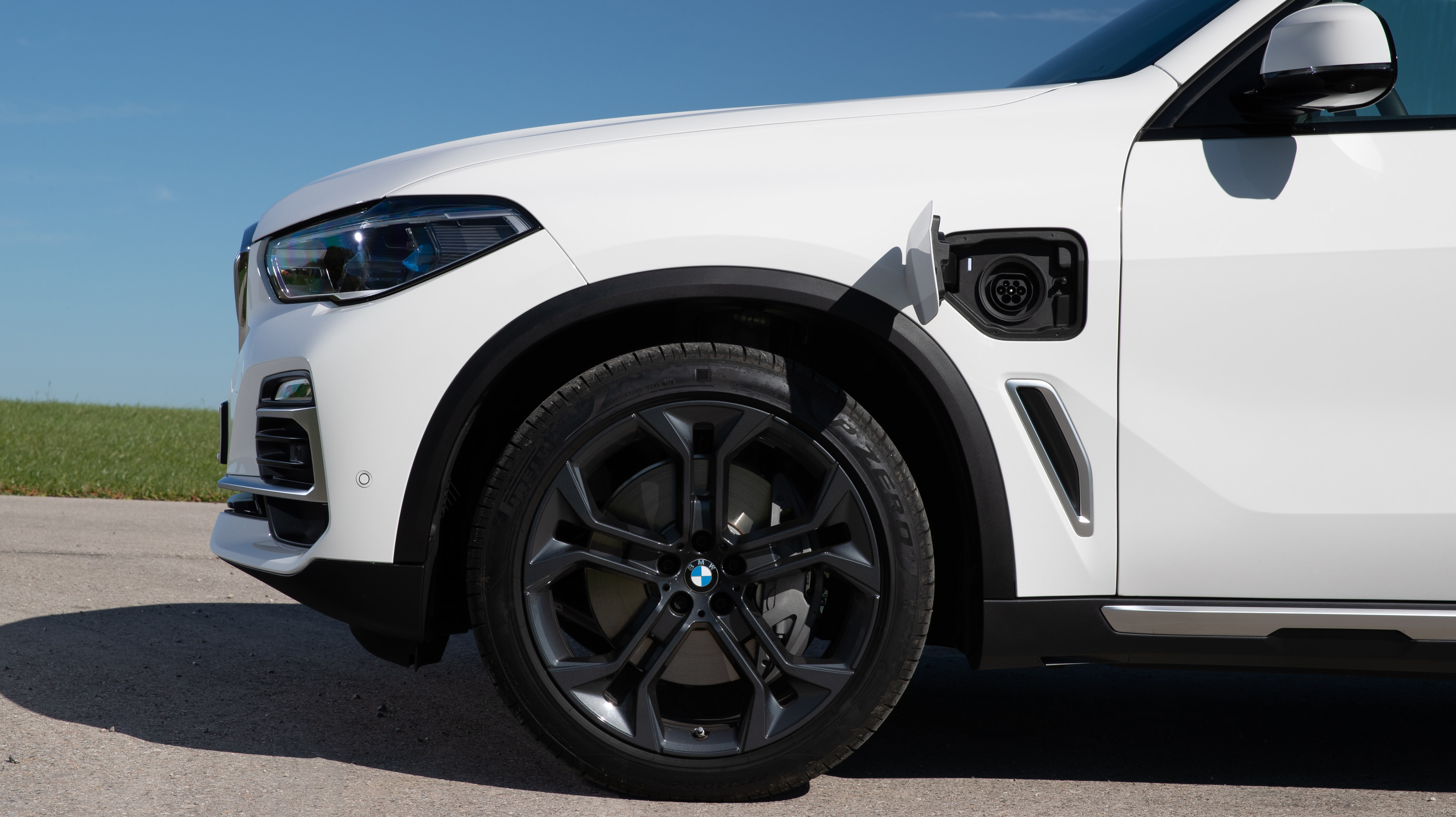We'll Probably Look Back At PHEVs One Day And Have A Laugh
It sounds like Europe is ready to call bullshit on plug-in hybrid electric vehicles, and automakers aren't too thrilled about it. When the automakers aren't too thrilled is when you know that a proposed public policy is probably good.
That's in part because for PHEVs to really fulfill their promise — which is no-emissions driving on short trips — consumers have to be much more conscious in how they use their cars, in that they have to plug them in. This has always felt like a big ask, and, given that they are frequently heavier than their internal combustion engine counterparts, can often be net worse for the environment.
Reuters reports that Europe is starting to see the light:
EU policy plans for plug-in hybrid vehicles (PHEVs), which contain an electric battery and a combustion engine, could mean the "transition" technology has a shorter lifespan than envisaged by some leading automakers.
Draft green finance regulations would ban manufacturers from labelling them as "sustainable investments" beyond 2025, potentially deterring investors. Meanwhile planned rules on emissions of pollutants like nitrogen oxides could increase the cost of producing these cars.
The aim of such reforms is to speed the transit to fully-electric vehicles and meet climate goals. Yet they would mark a shift from existing EU policies, such as CO2 standards, which have treated hybrids on a par with all-electric cars and helped spur the auto industry to invest tens of billions of euros in the technology.
Automakers are none too pleased, and that is in part because of the mixed messaging. Which I understand to some extent, but, still, when automakers don't complain about a policy change aimed at improving the environment is the day hell freezes over, or maybe the day Antarctica fully unfreezes.
"It's crazy to do this by 2025 because effectively you kill demand today," said Adrian Hallmark, CEO of British luxury carmaker Bentley, a unit of Volkswagen, referring to proposals to not classify PHEVs as sustainable investments. He plans to sell PHEVs until 2030 before going all-electric.
"For most people, a battery electric car is not yet practical," he told Reuters.
[...]
Volvo Cars CEO Håkan Samuelsson told Reuters: "It's a bit disappointing they (Brussels policymakers) don't see the value of a plug-in hybrid". But he said his company, which aims to be all-electric by 2030, was more focused on pushing the EU to make member states invest heavily in charging infrastructure.
"If we in the car industry invest in electric cars, and do that very rapidly, I think our credibility to ask for investments in the charging network increases," he said.
Samuelsson's point about charging networks is a good one, as Europe, which has a far better charging network than the U.S., could still stand to see a vast improvement. And it's increasingly clear that a robust charging network might be the key to widespread EV adoption period, along with lower EV prices and/or more government subsidies.
Either way, the next decade is probably going to be the most exciting time in car history. The velocity with which everything is changing is only getting quicker.
